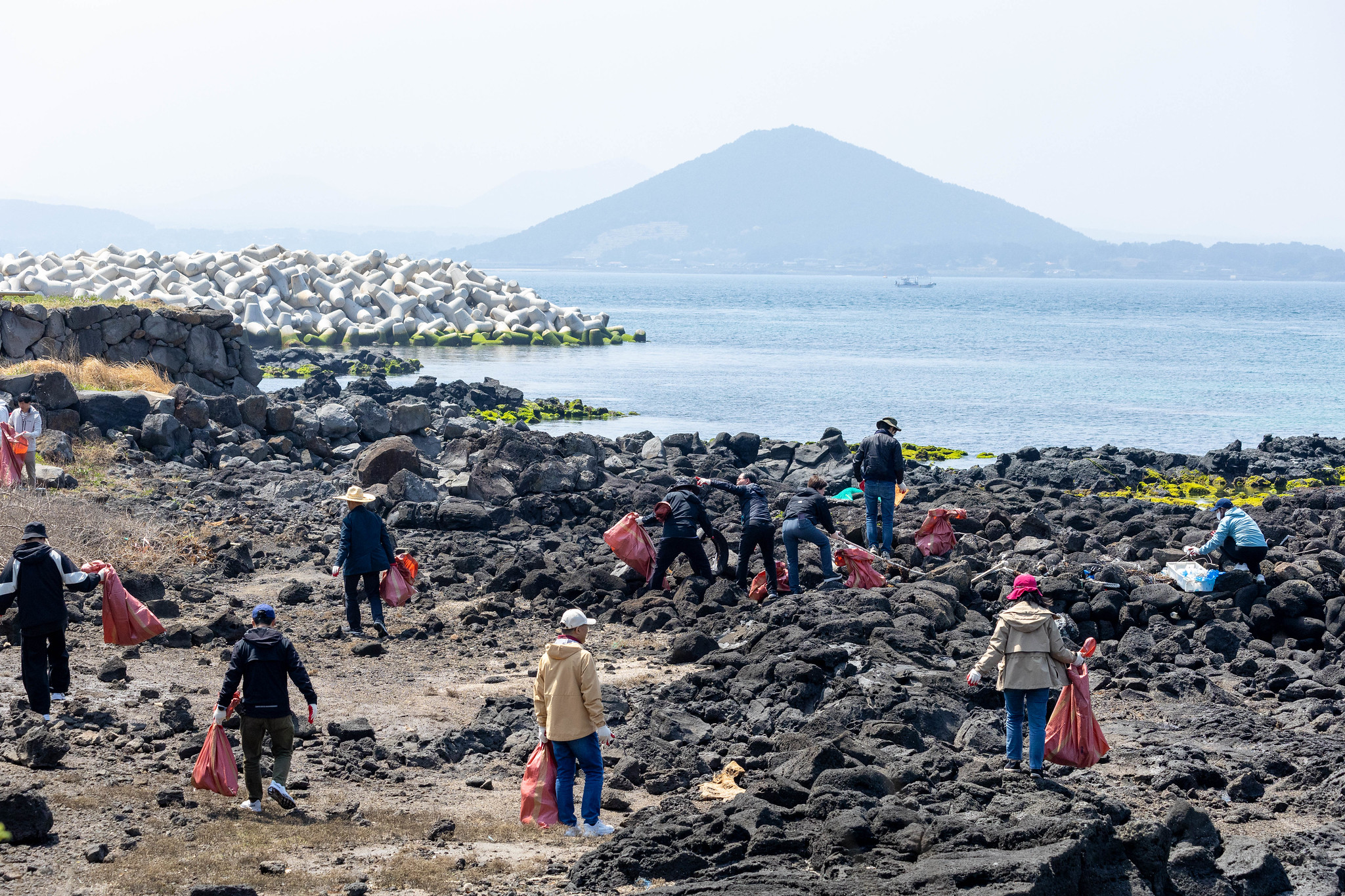 © Artan Jama/ UNEP
© Artan Jama/ UNEP
Statement on World Environment Day 2025
World Environment Day serves as an annual reminder that no degree of modernity can sever the bond between humanity and nature. Our survival as a species depends on the health of ecosystems and the vital services they provide. Plastic pollution is a threat to both.
This is why the Kunming-Montreal Global Biodiversity Framework—a universal masterplan to halt and reverse biodiversity loss adopted in December 2022 has a specific time-bound target in which the 196 Parties to the Convention on Biological Diversity commit to reducing pollution risks and minimizing the negative impacts of pollution from all sources. The goal is to bring pollution down to levels that are not harmful to biodiversity and ecosystem functions.
Ending plastic pollution is critical to achieving Target 7 and the KMGBF as a whole—because the benefits of addressing plastic pollution are profound and far-reaching. Biodiversity, the intricate web of life, underpins the functioning of ecosystems and the stability of our planet.
The Intergovernmental Science-Policy Platform on Biodiversity and Ecosystem Services (IPBES) has identified pollution, including plastic pollution, as one of the five direct drivers of biodiversity loss, alongside land-use change, climate change, invasive species, and overexploitation.
Plastic pollution—both visible and microscopic—is a pervasive threat across terrestrial, freshwater, and marine ecosystems. It disrupts food chains, degrades habitats, and introduces toxic substances that compromise the health and survival of countless species.
Cleaner seas and lands, healthier people and ecosystems, greater climate resilience, and stronger economies are among the dividends of investing in a future free from plastic pollution.
To keep plastics in the economy and out of the environment, circular economy approaches are essential. Sustainable consumption and production must be embedded in new models that serve people without destroying nature. This lies at the heart of what IPBES calls the necessary “transformative change.”
We need the global treaty to end plastic pollution, including in the marine environment, to set the world on a path toward eliminating this scourge—and fast-track the realization of the KMGBF’s vision: living in harmony with nature.
More information:
Zero waste equals multiple benefits for biodiversity
Kunming-Montreal Global Biodiversity Framework